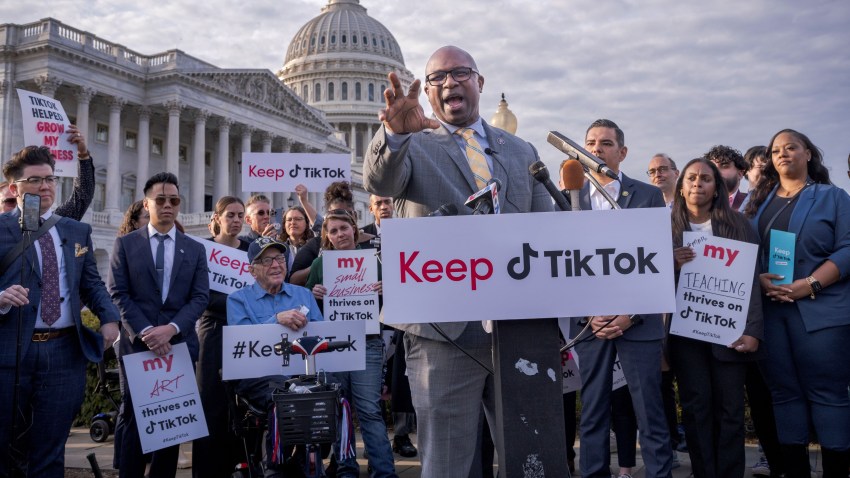Something strange is happening in the relationship between liberal democracies and social media platforms—or to be precise, one social media platform: TikTok, which is being banned or threatened with bans in democracies around the world. While it is commonplace for authoritarian regimes to ban entire applications, this is relatively new territory for the U.S., Canada, Australia, New Zealand, United Kingdom, European Union institutions and several EU member states, all of which have banned the app from government-issued devices or issued guidance for officials not to use the app.
TikTok is a wildly popular video-sharing app. There are conflicting statistics about the overall size of its user base, with estimates ranging from about 500 million to close to a billion worldwide. It is most popular among people from 10 to 35 years of age, and more popular among women than men. Each day, the average user spends 75 minutes a day on the app and opens it 19 times.
The reasoning behind the proposed bans is somewhat fuzzy but tends to be about security risks that are real and credible. A quick scan of the app’s 5,000-word privacy policy shows that TikTok collects, processes and shares a lot of data about its users. But it is far from unique in doing so. To the contrary, almost every other free-to-use social media platform engages in the same practices. Consider, for example, the $600 million fine imposed by the U.K.’s Information Commissioner’s Office—or ICO, the British internet regulator—on Facebook for lack of transparency and security concerns relating to the harvesting of personal data by Cambridge Analytica during the Brexit referendum in 2016.

